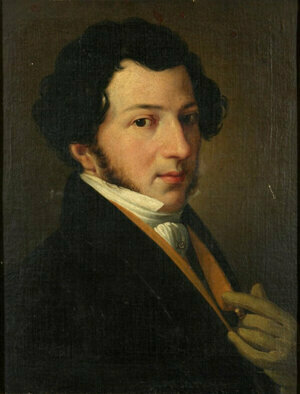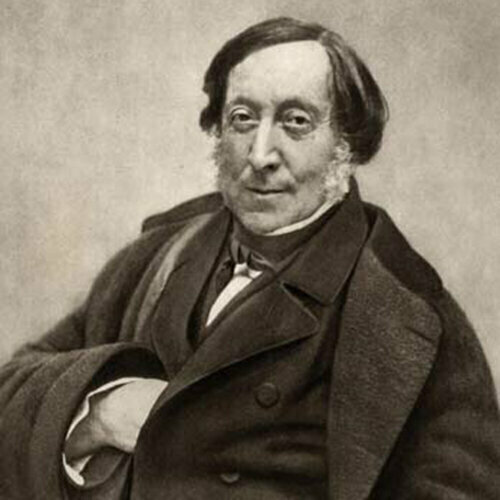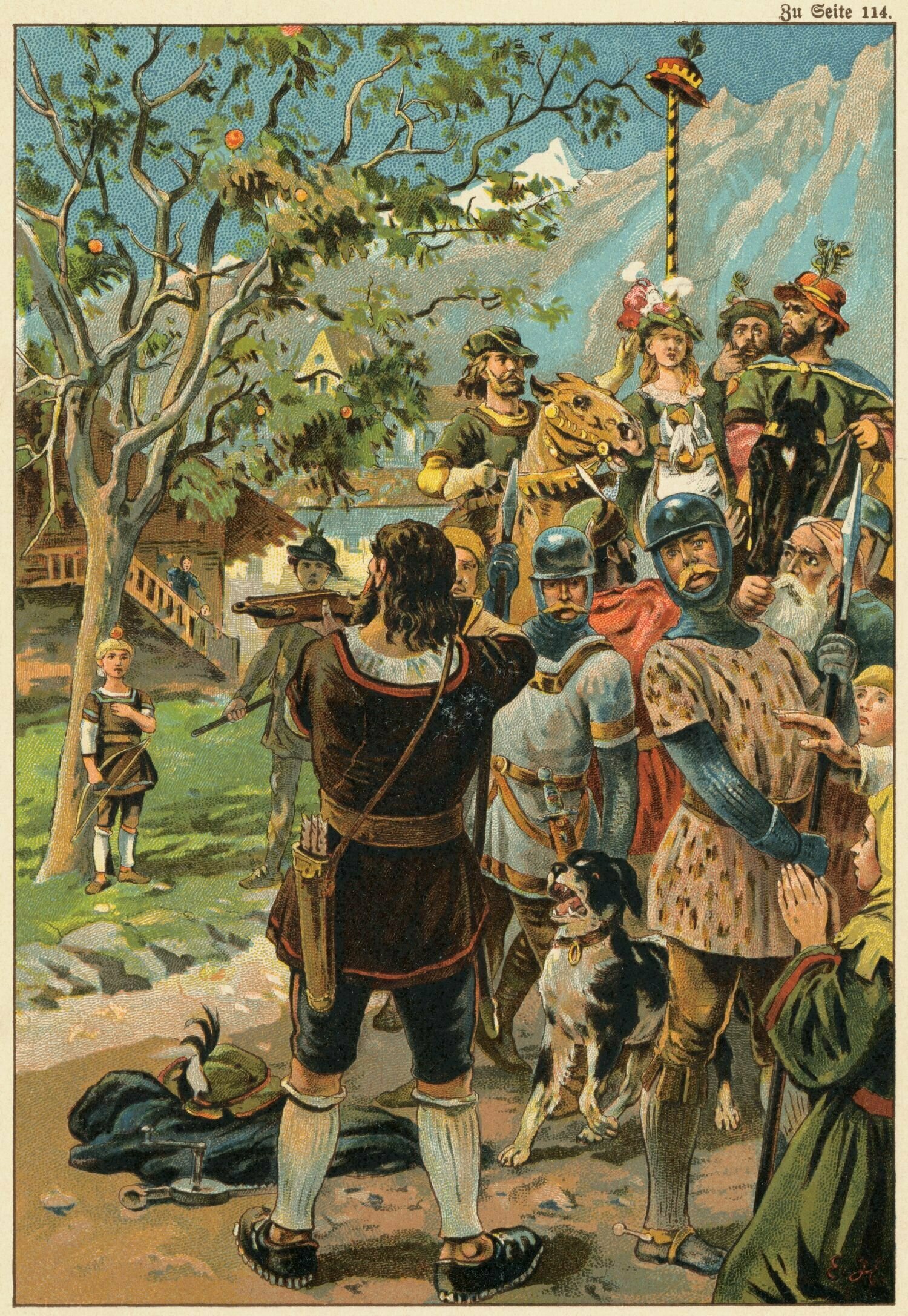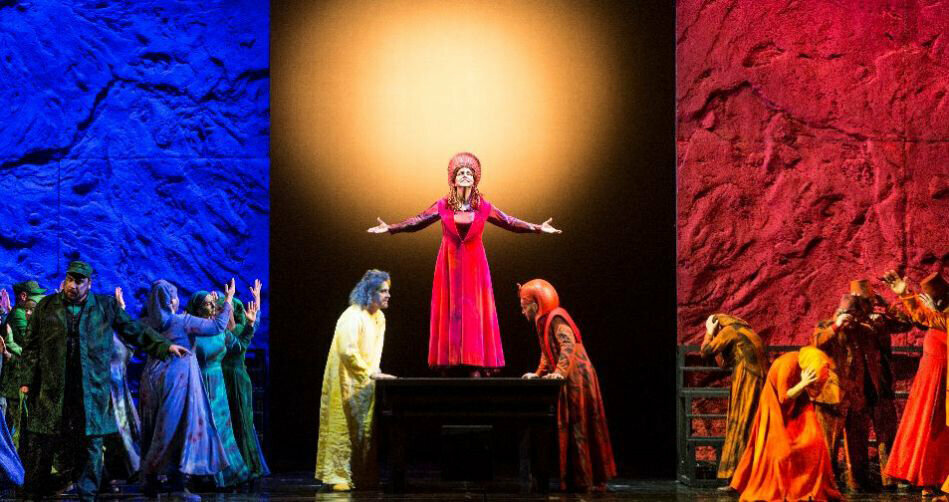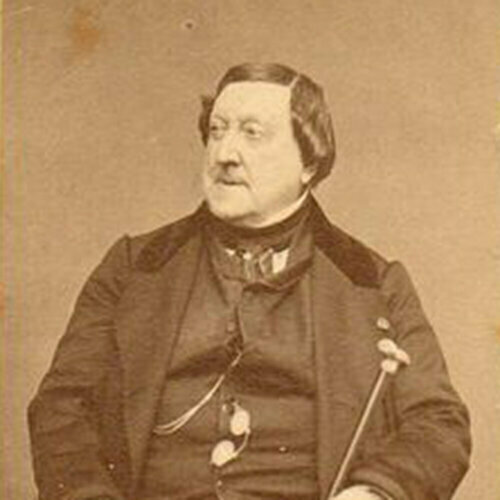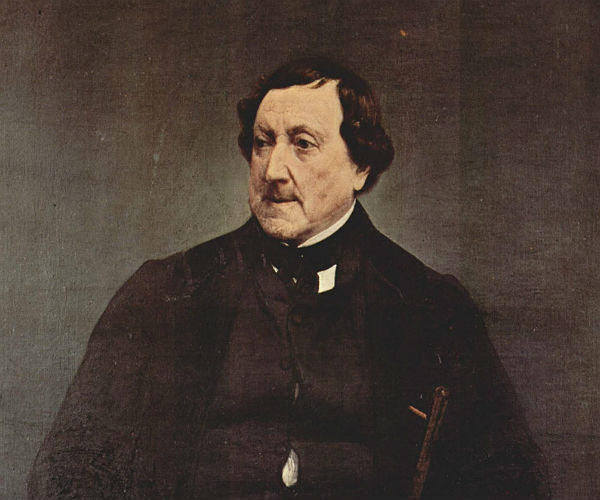They probably first met in Bologna around 1815, and the union between Giaochino Rossini and Isabella Colbran was to become one of the most successful artistic alliances in the history of music. Rossini was a rising star when he was
Rossini
“Give me a laundry bill and I will set it to music” When Gioachino Rossini (1792-1868) spontaneously decided to retire in 1829, he was universally considered the most popular opera composer in history. No other composer enjoyed his prestige, popular
Rossini’s last opera, the four-act Guillaume Tell, with a composite French libretto based on Schiller’s play Wilhelm Tell, was produced at the Paris Opéra on 3 August 1829. However, within three performances the opera’s length of roughly four hours and
Quite possibly the Teatro San Carlo of Naples, Italy’s leading opera house in the early 19th century, has found its groove again. In spite of a middle-of-the-road production of Gioachino Rossini’s Mosè in Egitto (Moses in Egypt), the legendary San
In 1808 Sébastien Erard registered a patent that fundamentally changed piano construction forever. As hammers had become more massive, they produced a much heavier touch for the performer. As such, the ability to repeat notes was severely impacted and the
During the first half of the 19th century, Gioachino Rossini was recognized as the greatest Italian composer of his time. No other composer enjoyed his prestige, popular acclaim and artistic influence in the world of opera. And as we all
“Minors of the Majors” invites you to discover compositions by the great classical composers that for one reason or another have not reached the musical mainstream. Please enjoy, and keep listening!
Today, we remember Gioachino Rossini (1792-1868) as the most prominent composer of Italian opera in the first half of the 19th century. But, when he was a young man growing up in Bologna he was simply known as “La Grassa,”

